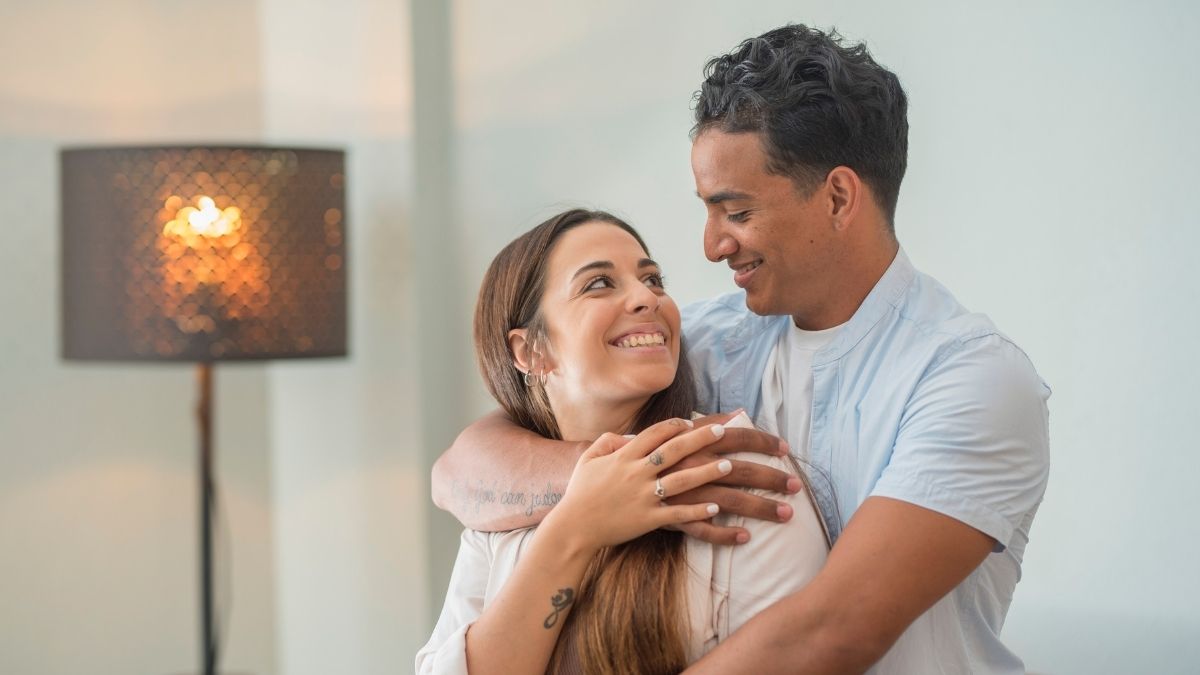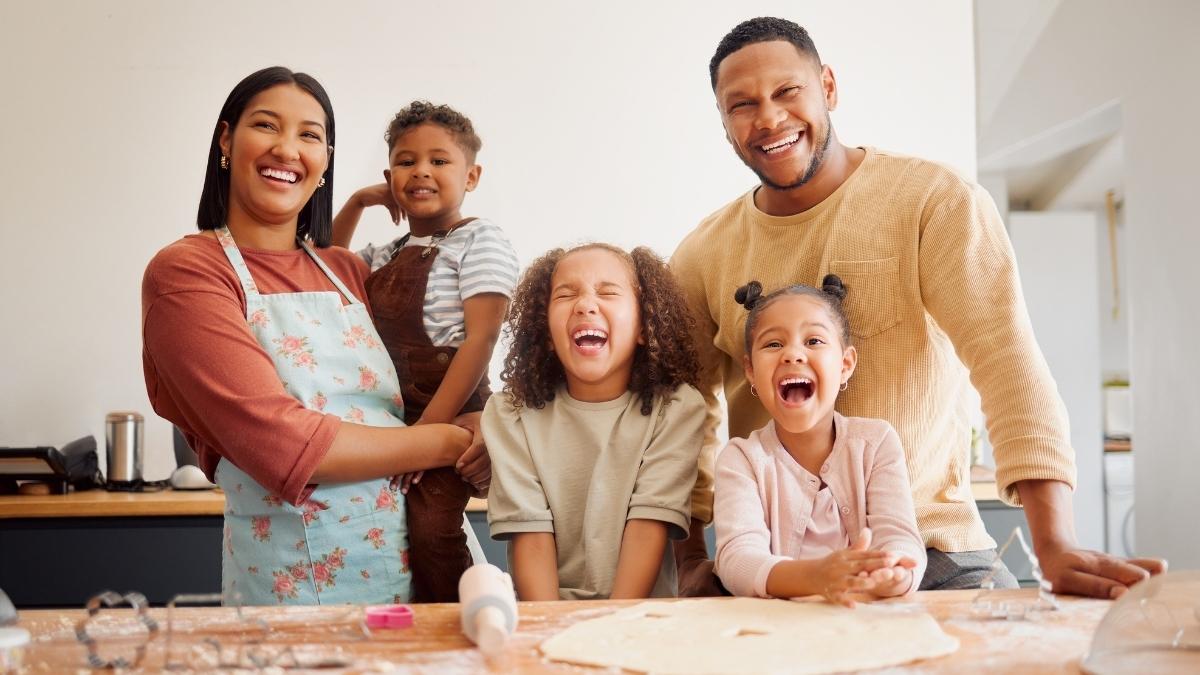elationships are central to our lives. They shape our happiness, sense of belonging, and even our identity. But when challenges arise — whether constant arguments, emotional distance, or uncertainty about the future — it can feel overwhelming to know what to do next. Many people assume that couples therapy is the only option for working through relationship struggles, yet individual therapy for relationship issues can be just as powerful, sometimes even more so.
Individual counseling provides a space that belongs entirely to you. It allows you to explore your emotions, clarify your needs, and gain tools for healthier communication without the pressure of your partner being in the room. This personal work not only benefits you but often creates ripple effects that strengthen your relationship as a whole.
In this article, we’ll explore:
- Why individual therapy matters when facing relationship challenges
- How the process of therapy works
- The therapeutic methods most commonly used
- The benefits you can expect from individual counseling
- How individual therapy fits with or differs from couples therapy
- When it makes sense to choose individual counseling
- Answers to the most common questions people ask about therapy for relationship struggles
Why Choose Individual Therapy for Relationship Issues?
When difficulties surface in a relationship, the instinct is often to bring both partners into therapy together. But relationship challenges aren’t just about what happens between two people — they often stem from what each person brings into the relationship, like past experiences, stress, or emotional patterns that shape how they connect and communicate.
Individual therapy gives you a chance to slow down and look beneath the surface of what’s happening in your relationship. It helps you understand why certain situations trigger strong emotions, where your reactions come from, and what you truly need to feel secure and connected. Rather than placing blame or taking on all the responsibility, it’s about understanding your patterns and learning new ways to respond — so you can show up in your relationship with more calm, clarity, and balance.
Many people hesitate to start individual therapy because they assume it means the relationship is doomed or that they’re the “problem.” In reality, choosing therapy is a sign of strength. It means you’re willing to invest in your own well-being, which ultimately supports the health of the relationship too.
Consider these examples:
- A partner who constantly feels unheard in arguments may use therapy to uncover why conflict triggers deep anxiety.
- Someone unsure whether to stay or leave a relationship can use the space to sort through their feelings without external pressure.
- An individual who finds themselves repeating patterns — like withdrawing, criticizing, or shutting down — can begin to see where these behaviors come from and how to change them.
Each journey is unique, but the common thread is that therapy empowers you to stop reacting on autopilot and start responding with intention.
How Does Individual Therapy for Relationship Issues Work?
While every therapist has their own style, individual therapy often follows a broad arc with three overlapping phases. These phases aren’t rigid steps, but they capture the general flow of the healing process.
1. Stabilization and Emotional Regulation
The first stage of therapy focuses on calming the storm. Relationship problems often come with strong emotions — anxiety, anger, grief, or fear — that can feel overwhelming. Some people arrive in therapy unable to concentrate at work, losing sleep, or experiencing constant tension in their bodies. Others feel shut down and numb, unsure of how to access what they’re feeling at all.
Therapists help by teaching grounding techniques, breathing practices, or journaling prompts that restore a sense of stability. These tools don’t erase the pain but make it manageable enough to move through daily life. For example, a client might practice mindful breathing before difficult conversations with their partner, reducing the likelihood of escalation.
2. Meaning-Making and Exploration
Once emotions are somewhat stabilized, therapy turns toward understanding. This is where you start unpacking what your relationship challenges mean to you personally. For example, if a couple is dealing with infidelity, the betrayed partner might explore feelings of inadequacy, while the partner who strayed might confront avoidance patterns or unmet needs that influenced their choices.
This stage often includes looking at personal history. Childhood attachment wounds, past relationships, or ingrained beliefs about love and trust can all play a role in how conflicts unfold today. The purpose isn’t to dwell on the past or assign blame but to connect the dots so you understand yourself more fully.
Therapists also help you challenge unhelpful thought patterns. For instance, if you find yourself thinking, “I’m unlovable because my partner doesn’t listen to me,” therapy works to reframe that narrative into something more balanced, like: “My needs matter, and I can learn to express them more clearly.”
3. Growth and Future Planning
The final stage is about integration. By this point, therapy shifts toward translating insights into action. Growth may look like building stronger communication skills, setting clearer boundaries, or making decisions about the future of the relationship.
For some, this stage involves preparing to re-engage in couples therapy with more confidence and self-awareness. For others, it may mean finding clarity about ending the relationship and building a future independently. Either way, the emphasis is on resilience, empowerment, and creating a vision of life that is no longer defined by confusion or conflict.
Common Therapy Approaches Used in Individual Counseling
Therapists draw from a range of evidence-based methods when working with clients facing relationship issues. Each approach offers different tools and insights, and many therapists blend techniques to suit your unique needs.
- Cognitive Behavioral Therapy (CBT): Focuses on identifying and reshaping unhelpful thought patterns that fuel conflict or insecurity. For example, replacing “I always mess up” with “I made a mistake, but I can learn and grow.”
- Emotionally Focused Therapy (EFT): While often used in couples work, EFT principles can also guide individual sessions by exploring attachment needs and helping you express vulnerability more openly.
- Schema Therapy: Addresses deep-seated patterns, or “schemas,” often rooted in childhood. It helps individuals break free from cycles like abandonment fears or self-sabotage that keep showing up in relationships.
- Acceptance and Commitment Therapy (ACT): Encourages acceptance of painful emotions while committing to actions aligned with personal values. For example, choosing to have a difficult but honest conversation instead of avoiding it out of fear.
- Eye Movement Desensitization and Reprocessing (EMDR): Particularly effective when relationship struggles are tied to trauma. EMDR helps reduce the emotional intensity of painful memories so they no longer control present reactions.
- Interpersonal Therapy (IPT): Focuses on current relationship patterns and teaches strategies for resolving conflicts, improving communication, and building healthier connections.
Each of these methods gives you tools to better understand yourself and your relationship. The right approach often depends on your goals and the therapist’s expertise.
What Are the Benefits of Individual Therapy for Relationship Issues?
The benefits of therapy extend far beyond feeling better in the moment. Over time, individual counseling can transform the way you engage with yourself and with others.
Many clients notice:
- Reduced anxiety and emotional overwhelm. With tools for regulation, you stop feeling hijacked by your emotions during arguments or stressful moments.
- Improved communication skills. Therapy teaches you to express yourself clearly and respectfully, which often improves interactions with your partner even before they join therapy.
- Increased self-esteem. Whether you were betrayed or struggling with guilt, therapy helps you rebuild confidence and a stronger sense of identity.
- Healthier boundaries. Learning to set limits around what’s acceptable fosters respect in the relationship and protects your well-being.
- Clarity for decision-making. Instead of staying stuck in indecision, therapy helps you evaluate what you want and make choices aligned with your values.
- Resilience and growth. Beyond your current relationship, the coping skills and insights gained in therapy carry into friendships, family dynamics, and future partnerships.
For couples who later enter joint therapy, these benefits create a stronger foundation. With both partners doing their own individual work, sessions become more productive and less about rehashing blame.
When Is Individual Counseling More Suitable Than Couples Therapy?
Not every relationship issue requires both partners in the therapy room. There are times when focusing on your own healing first is the wisest choice.
You may want to consider individual therapy if:
- Your partner is unwilling to attend couples therapy.
- You feel unsafe expressing yourself openly in joint sessions.
- You need space to process betrayal, trauma, or confusion before engaging together.
- You’re unsure whether you want to stay in the relationship and need clarity without external influence.
- You recognize patterns that keep repeating, regardless of the partner, and want to break the cycle.
- You’re working through your own insecurities, such as low self-esteem or fear of abandonment.
- You struggle with trust issues that aren’t directly connected to your current partner but still affect the relationship.
- You want to build stronger communication or boundary-setting skills before bringing them into a joint setting.
Choosing individual therapy doesn’t mean giving up on your relationship. In fact, it can make reconciliation more likely by ensuring you come to the process grounded, self-aware, and ready to engage constructively.
Practical Tools and Strategies Learned in Therapy
Therapy equips you with strategies you can use in daily life, not just in the session room. These practical tools help you feel more in control of your emotions and actions.
- Grounding techniques: Breathing exercises, guided imagery, or sensory awareness practices calm the nervous system when you feel overwhelmed.
- Journaling prompts: Writing about your experiences, triggers, or progress provides insight and emotional release.
- Reframing self-talk: Learning to catch harsh inner dialogue and replace it with compassionate language builds self-esteem.
- Visualization: Creating mental images of safe spaces or positive outcomes can reduce anxiety and foster hope.
- Accountability practices: For those working through guilt, daily check-ins or intention setting can help track progress and demonstrate trustworthiness.
When practiced consistently, these tools reinforce the insights gained in therapy and create lasting change.
Conclusion: Healing Starts With You
Relationship struggles can feel all-consuming, but healing doesn’t have to wait for both partners to step into therapy. By engaging in individual counseling, you take ownership of your personal growth, discover clarity about your needs, and gain skills that benefit not only your current relationship but your entire life.
Whether your goal is reconciliation, separation, or simply a deeper understanding of yourself, individual therapy for relationship issues offers guidance and support every step of the way. Starting with yourself isn’t selfish — it’s the foundation for building healthier, more fulfilling connections.
If you’re ready to begin this process, OurRitual offers compassionate, research-backed guidance designed to support both individual and relationship healing. Taking that step today can open the door to clarity, resilience, and a healthier future.
FAQs
What is individual therapy for relationship issues?
Individual therapy for relationship issues is a form of counseling focused on helping one partner explore emotions, communication patterns, and personal challenges that affect their relationship. It provides a private space to gain clarity, build coping skills, and work toward healthier connections.
How does individual therapy help with relationship struggles?
Individual therapy helps by teaching emotional regulation, improving self-awareness, and uncovering patterns that contribute to conflict or disconnection. It gives people tools to communicate better and make intentional decisions about their relationships.
What is the role of individual counseling in resolving relationship problems?
The role of individual counseling is to focus on the well-being of each person. By strengthening confidence, coping strategies, and clarity, therapy ensures that relationship issues can be approached from a healthier place.
How many individual therapy sessions are usually needed for relationship issues?
The number of sessions varies depending on the individual’s goals and the complexity of the issues. Some people see improvement in a few months, while others may continue for a year or longer, especially if the therapy also addresses deeper emotional wounds.
Can individual therapy replace couples counseling?
Individual therapy cannot replace couples counseling because the two serve different purposes. Individual therapy focuses on personal healing and growth, while couples counseling addresses the dynamics between both partners. However, the two often work best in combination.
What types of therapy are effective for individual relationship issues?
Effective approaches include CBT, EFT, Schema Therapy, ACT, EMDR, and Interpersonal Therapy. Each method offers different benefits, from changing thought patterns to healing attachment wounds or processing trauma.
When is individual therapy more suitable than couples counseling?
Individual therapy is more suitable when one partner is unwilling to attend, when it feels unsafe to share openly in joint sessions, or when you need clarity and healing before making decisions about the relationship. It’s also useful when recurring personal patterns keep showing up across relationships.

























